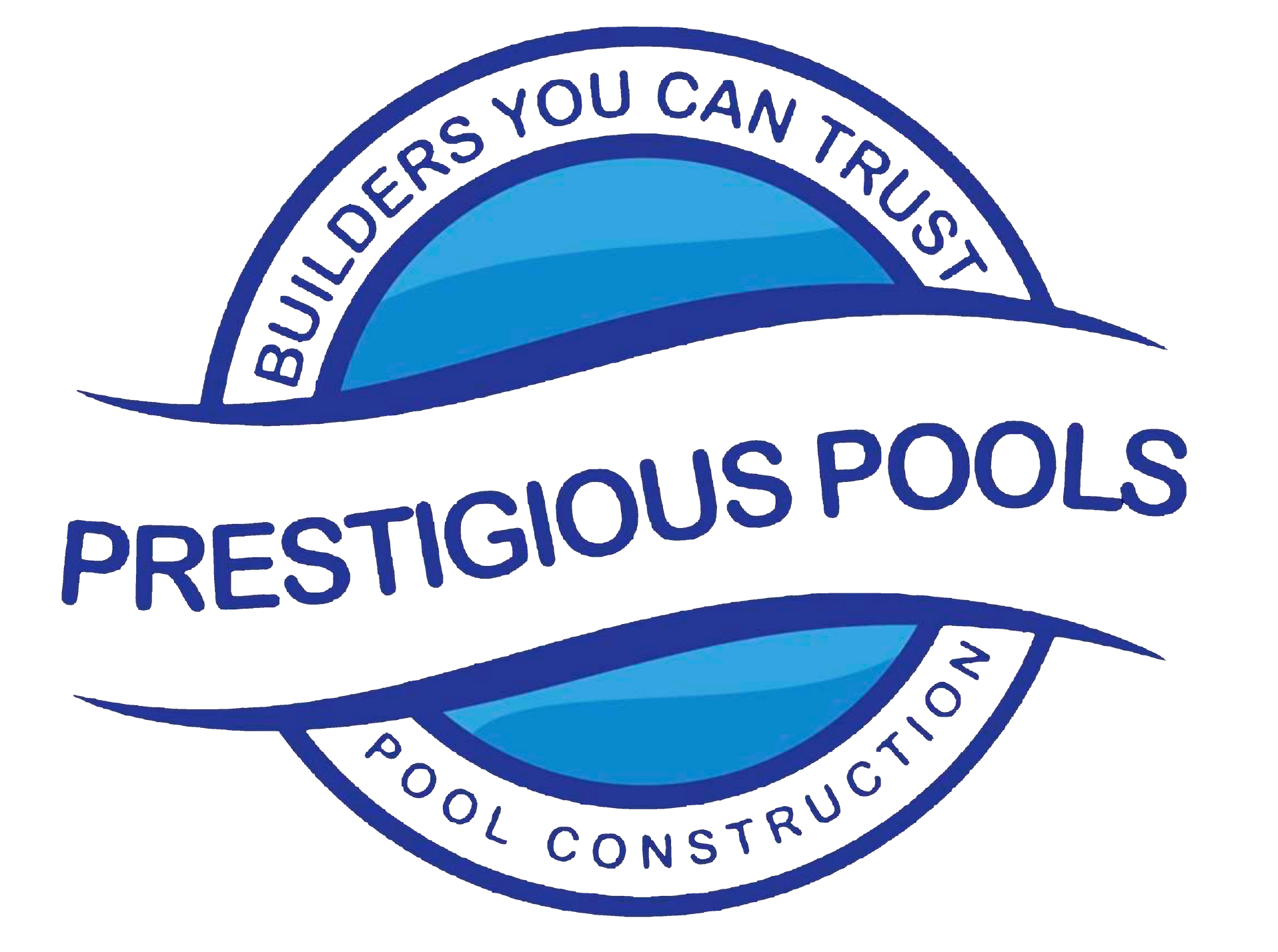Are swimming pool chemicals harmful??
Can Chemicals in Swimming Pools Pose Health Risks?
The allure of a crystal-clear swimming pool on a hot summer day in Loomis, CA, and the surrounding areas is undeniable. Swimming pools offer a refreshing escape from the heat, a hub for family gatherings, and a means for exercise. However, the sparkling water that invites us in is often maintained by a cocktail of chemicals. Prestigious Pools, a leader in safe and efficient pool construction in the region, urges pool owners to consider the implications these substances may have on health and safety. This blog will delve into the essential, yet often overlooked, discussion about the potential harms of swimming pool chemicals and how to mitigate them.
Understanding the balance between keeping pool water safe from pathogens and minimizing chemical exposure is crucial. The maintenance of this balance is not just a matter of adding chemicals to the water; it involves understanding their impact on swimmers and the environment. With the expertise of Prestigious Pools, we will explore the nature of these chemicals, their necessary uses, and the precautions that can help ensure the health and safety of every swimmer.
Understanding Pool Chemicals
The foundation of any discussion about pool safety begins with an understanding of the chemicals commonly used in pool maintenance. Chlorine and bromine are the most prevalent sanitizers, tasked with killing bacteria and viruses to prevent waterborne illnesses. However, their use is not without side effects.
- The Role of Chlorine and Bromine- Chlorine and bromine serve as the primary defenders against contaminants in pool water. Their ability to neutralize harmful pathogens is unparalleled, making them indispensable in pool maintenance. Yet, their reactive nature means they can also interact with organic matter, such as sweat and oils from swimmers, forming by-products like chloramines and bromamines. These compounds can irritate the skin, eyes, and respiratory system, highlighting the importance of proper chemical management.
- The Balance of pH and Its Importance- The effectiveness of sanitizers is heavily influenced by the pool's pH level. A balanced pH ensures that chlorine and bromine work efficiently and reduces the risk of irritation to swimmers. Moreover, maintaining the correct pH is crucial for protecting pool equipment from corrosion and ensuring the longevity of the pool. Regular testing and adjustments are essential practices for any pool owner.
- Alternative Sanitizers and Their Usage- In response to concerns over traditional chemicals, alternative sanitizers like UV light systems and saltwater chlorinators have gained popularity. These systems offer a reduction in the use of harsh chemicals by either minimizing the need for chlorine or by producing chlorine in a more natural and controlled manner. Understanding the benefits and limitations of these alternatives can help pool owners make informed decisions about their pool maintenance routines.
Health Impacts of Pool Chemicals
While pool chemicals play a vital role in ensuring the safety of swimming water, their impact on human health cannot be overlooked. From minor irritations to more serious health concerns, the potential effects necessitate a closer look.
- Skin and Eye Irritation- Chlorine and its by-products are known irritants to the skin and eyes. Swimmers may experience dry, itchy skin or red, irritated eyes after prolonged exposure. These symptoms are usually mild and can be mitigated by showering before and after swimming and wearing goggles. However, they serve as a reminder of the chemical's presence in the water.
- Respiratory Issues- For individuals with sensitive respiratory systems, such as those with asthma, the inhalation of chloramines can exacerbate symptoms. Indoor pools, where ventilation may be limited, pose a greater risk. Ensuring proper ventilation and maintaining the correct chemical balance can help minimize these risks.
- Long-Term Health Concerns- Research into the long-term health effects of exposure to pool chemicals is ongoing. Some studies suggest a potential link between chronic exposure and certain health issues, such as asthma in competitive swimmers. However, the evidence is not conclusive, and more research is needed to understand the full implications.
Safe Pool Maintenance Practices
The key to minimizing the risks associated with pool chemicals lies in safe and informed maintenance practices. By adopting a proactive approach to pool care, homeowners can ensure the health and safety of all swimmers.
- Regular Testing and Chemical Management- Regular testing of pool water for sanitizer levels, pH, and other parameters is essential. This practice helps in making informed decisions about chemical additions, reducing the likelihood of over or under-treatment. Automated dosing systems can also help maintain consistent chemical levels.
- Educating Swimmers on Pre-Swim Hygiene- Encouraging swimmers to shower before entering the pool can significantly reduce the organic load in the water, thereby decreasing the formation of harmful by-products. A simple rinse can make a significant difference in water quality and chemical demand.
- Professional Maintenance Services- For those uncertain about handling chemicals or maintaining their pool, enlisting the services of professionals like Prestigious Pools can provide peace of mind. Regular, expert maintenance ensures that the pool remains a safe and enjoyable environment for everyone.
Conclusion
The chemicals that keep our pools safe are a double-edged sword, offering protection against harmful pathogens while posing potential risks to health. With informed practices and careful management, the benefits can be maximized while minimizing the drawbacks. In Loomis, CA, and the surrounding areas, Prestigious Pools stands ready to assist homeowners in navigating the complexities of pool chemistry, ensuring that every dip in the pool is both refreshing and safe. Remember, a well-maintained pool is the cornerstone of countless summer memories, safeguarded by the responsible use of pool chemicals.




